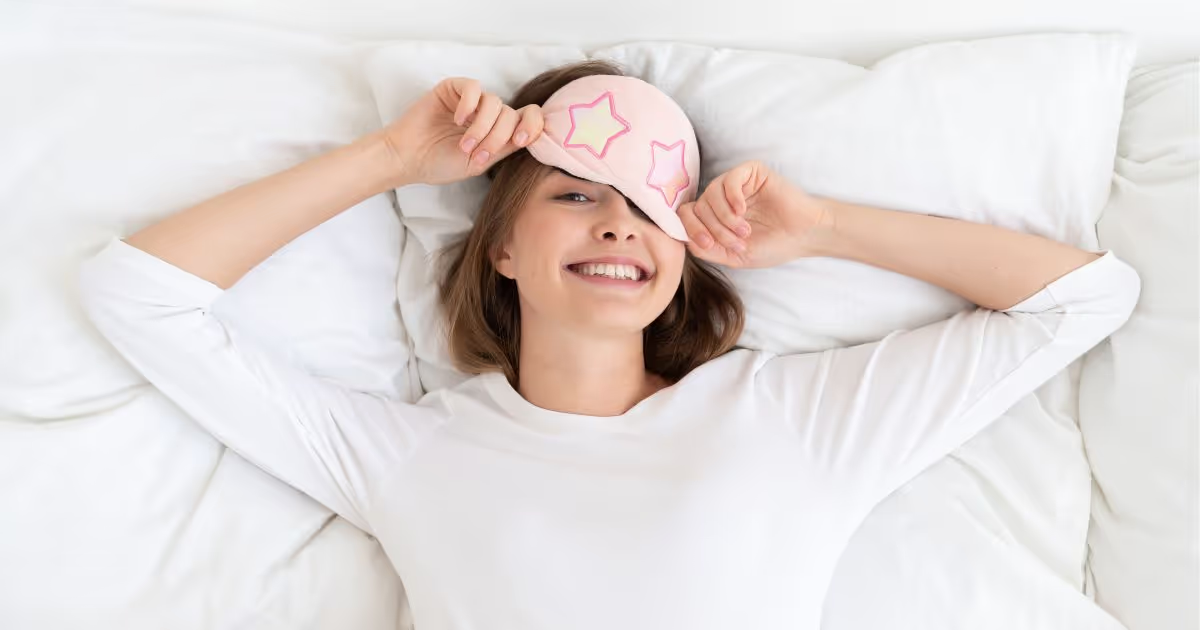Bruxism
Bruxism, or teeth grinding, is when you regularly grind your teeth while awake or sleeping. The condition can cause pain in your jaw muscles, teeth, and temporomandibular joints (TMJs). If left untreated, it can lead to morning headaches and tooth damage. Wearing an occlusal splint can minimize dental problems and jaw aches and promote a night of more restful sleep.
Type of bruxism
- Awake bruxism: This occurs during the day, and it is typically related to emotional problems such as stress, anger, and anxiety. This type of teeth grinding does not usually require treatment. You will need to notice it and stop clenching your teeth. Managing your stress can also reduce teeth grinding.
- Sleep bruxism: It happens during your sleep. You may not realize that you grind your teeth unless your sleep partner witnesses it or you have pain in your jaw and teeth after waking up, which can lead to headaches.
Symptoms
- Loud teeth clenching waking up your sleep partner
- Chipped and flattened teeth
- Enamel erosion and increased teeth sensitivity
- Pain in the jaw muscles and face
- Headaches, particularly in the morning
- Jaw locking
- Earaches
- Sleep deprivation
Causes
The primary causes of bruxism include:
- Stress and anxiety
- Heredity
Risk factors
- People who are very driven and determined are more likely to develop bruxism.
- Medications, such as selective serotonin reuptake inhibitors (SSRIs)—a class of anti-anxiety drugs.
- Drinking alcoholic beverages.
- Drinking caffeinated beverages or coffee more than 6 cups a day.
- Smoking.
People who smoke and drink alcohol are at a 2-fold higher risk of developing bruxism.
Complications
- Wear and tear of teeth
- Tooth loss
- Cracked or loosened teeth
- Temporomandibular joint (TMJ) disorders and jaw and neck muscle spasms
- Change of facial profile
- Headaches
- Jaw pain
Diagnosis
- Physical exam: Your doctor can examine your jaw, teeth, and TMJs for signs of teeth grinding.
- Polysomnography: Some people may need a sleep study for a thorough diagnosis.
Treatment
- An occlusal splint: It is a protective device to prevent injury to the teeth and gums.
If the cause of teeth grinding is stress, your doctor may recommend you try:
- Exercise
- Meditation
- Physical therapy
- Cognitive behavioral therapy
Lifestyle modification
Changing your behavior can help reduce teeth grinding.
- Avoid habits that can damage teeth, such as clenching the jaw.
- Reduce caffeine and alcohol intake.
- Stop smoking.
Prevention
- Regular dental checkups at least twice a year allow a dentist to examine your mouth for signs of teeth grinding at the early stage. This can prevent long-term damage.


